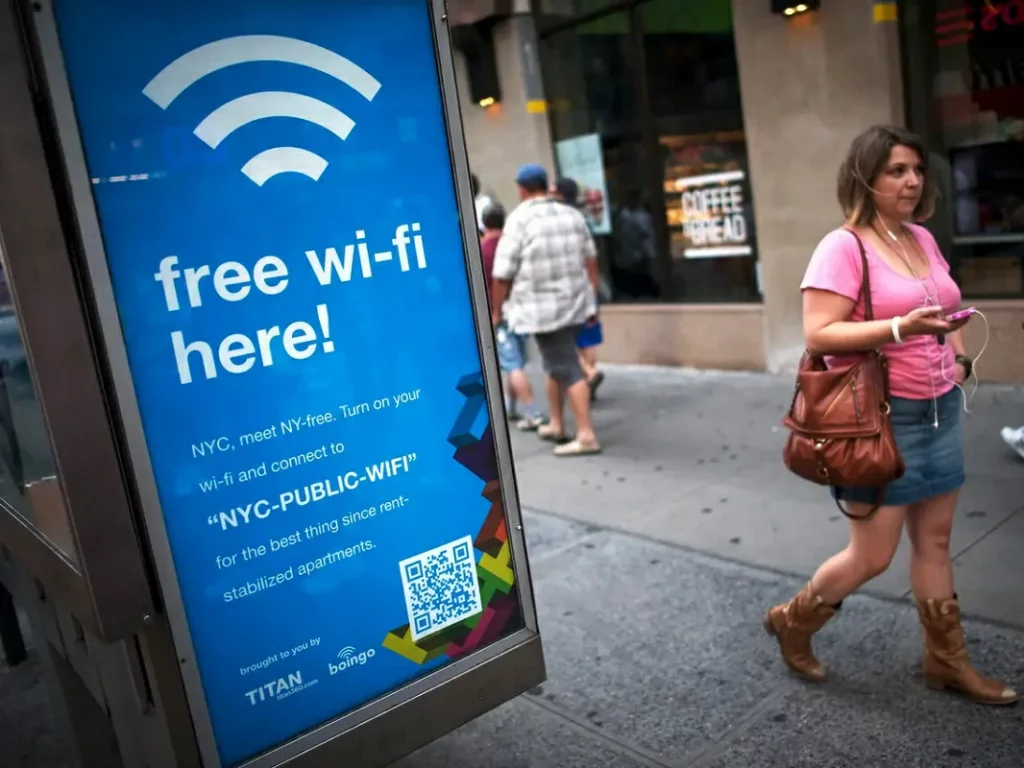- Cybersecurity solutions during a trip, especially if it is abroad, are so many that sometimes it is possible to get lost. What we cannot do is do without them, of course.
- To avoid confusion, and to know how to manage when you are far from home, and from its secure networks, we focus on basic prevention actions in these outings
No matter how reliable the network environments we have at home, everything changes when we are away. And far. So how do you improve cybersecurity on a trip? What can we do to feel more secure? Well, there are several strategies that we can think of in these cases, although we are going to stop at those that we consider essential so that you not only feel more secure, but that you really are..
Of course, this article is especially focused on those people who travel frequently, but we are also aware that these users will be the most and best prepared, so many times, in the end, the inexperienced ones end up suffering the most for their security and privacy . during a getaway.
Abroad, the connection possibilities go through both mobile data, as long as we buy an active card in that territory, but above all through WiFi, which allows us to save money but forces us to take precautions. Since the entire environment in which you move is unknown to you, the chances of being attacked successfully increase..
Basic cybersecurity tips when traveling abroad
If you have to use Wi-Fi networks, use a VPN
As we said before, in some cases you may have no choice but to connect to WiFi networks . It's okay to do this if you can't afford to use mobile data, but you should always enable a VPN.
As you will know from our many articles on the subject, a VPN is a virtual private network, which basically disguises your connection identity so that no one can access your sensitive data, such as location or online activity..
On the other hand, if you have to make a money transfer or enter key data, always try to connect to the networks of a bar, cafe or any other space, where there is at least a password to connect.
Do not enter confidential information on local pages and apps that cause you doubts
If you are connected to public WiFi, there is absolutely no reason or reason to enter passwords or login credentials for your bank account, credit card, or anything else that is dangerous. You should only enter sensitive information if you are connected to mobile data or “secure” WiFi .
Also, always make sure to check that the applications and Internet sites that ask for your credentials have the minimum security measures. For portals, you should check that they have HTTPS in the URL. It is usually accompanied by a lock in the address bar, to bring you more peace of mind .

Activate two-factor authentication
If you know you'll need to sign in to an app or site during your trip, enable 2FA authentication. We have Google's 2FA authentication, which is more than enough to add an extra layer of security.
What this system does is ask you to enter a code, which is usually sent to the phone , in addition to the password to log in. In this way, whoever wants to access your accounts must have both data. This will make your task difficult to the point that you will most likely end up abandoning it without achieving your goal.
If you have antivirus or antimalware, update them before traveling
If you are one of the people who feel comfortable having installed an antivirus or malware on their computers, then you have to take the trouble to update them before starting the trip, so that they are working at their best. Some programs, when not updated to the latest versions, may be vulnerable .
Obviously, there are a huge number of antivirus and antimalware, so you should choose the one that is ideal for you.
Change passwords when you return home
Finally, the last tip for cybersecurity while traveling has to do with controversial passwords. You may think your accounts are secure, but passwords are often more guessable than we think. Therefore, we advise you to change them completely as soon as you return home .
In this way, if someone has had access to your accounts, or expects you to move away again to attack you, you can surprise them by changing the access credentials to your profiles, preventing them from harming you .
Conclusion: it is essential to stay safe when we travel
These are just five of the tricks to protect your private data that you should keep in mind if you have traveled. There are many other ways to create a security fence when navigating away from your home, but we believe that this is more than enough so that you can move calmly, without fear of someone attacking you.